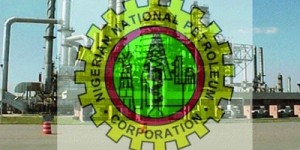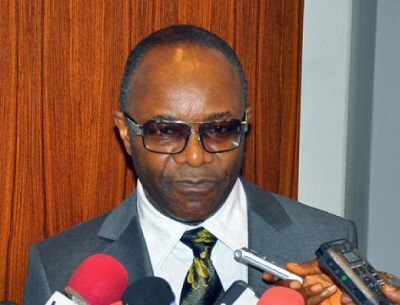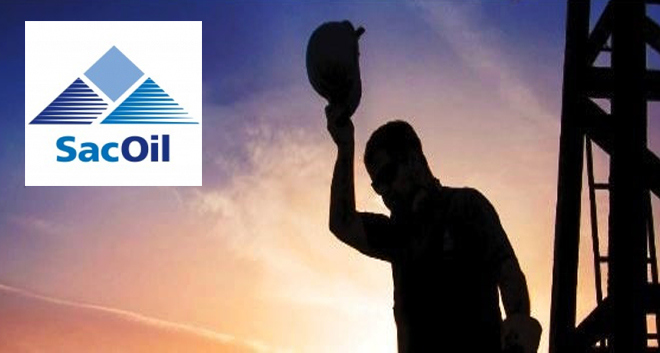NNPC steps up oil exploration in Chad, Benue basins
 The Nigerian National Petroleum Corporation on Monday said it had stepped up its exploration of crude oil in the Chad Basin, Benue Trough and other frontier basins.
The Nigerian National Petroleum Corporation on Monday said it had stepped up its exploration of crude oil in the Chad Basin, Benue Trough and other frontier basins.
It said the crude oil to be drilled from the frontier basins would serve as reserves for Nigeria.
The corporation expressed its readiness to partner stakeholders in the oil and gas industry to grow the nation’s fast depleting external reserves in order to increase productivity in the petroleum sector.
Between July and August this year, the NNPC had received express orders from President Muhammadu Buhari to explore for oil in the North.
The President had directed the national oil firm to commence exploration activities in the Benue Trough. The Benue Trough is a major geological formation underlying a large part of Nigeria, extending about 1,000km North-East from the Bight of Benin to Lake Chad.
The President had earlier directed the corporation to speed up its prospect for oil in the region, specifically in the Chad Basin and Kolmani River, following the reported discovery of hydrocarbons by Shell in the area.
In a statement on Monday, the Group Managing Director, NNPC, Dr. Maikanti Baru, said that the corporation was making progress on the exploration efforts in the Chad Basin, Benue trough and other frontier basins so as to shore up the reserve base of Nigeria.
He was quoted to have said that “some of our earlier drilled non-commercial holes could be turned around if we deploy requisite technologies. We need to change our perspective of risk as technology is advancing.”
Baru, said the statement disclosed this when the Nigerian Association of Petroleum Explorationists hosted him to a dinner in Abuja.
He said the 2016 national average oil production of 1.9 million barrels was low partly due to attacks on oil installations and stressed the need for stakeholders to share data and use available resources to reduce cost of operations in the area of rig-sharing, vessel sharing and synergy in projects development.
This, he said, had become even expedient in an era of low oil prices and security challenges.
He said, “Our national gas demand forecast to year 2020 (domestic plus export) indicates a rapid growth to 15bscfd, meaning current reserves level can only sustain that production for 35 years if we do not increase the 2bscfd gas reserve base, which requires 3tcf to replace production yearly.”
The GMD urged NAPE and other stakeholders to focus on increasing the nation’s oil and gas reserve base to match the country’s aspirations of increasing oil production to four million barrels per day and meet gas demand of 15bscfd by 2020 required for industrialisation and consumption.
He noted that less than three per cent of all wells drilled in the Niger Delta Basin, both onshore and swamp, were deeper than 15,000 feet, adding that a greater number of the wells had not gone beyond the 10,000ft as high pressure regimes seemed to be a limiting factor.
The President of NAPE, Mr. Nosa Omorodion, said his association was ready to support the NNPC in its drive to grow reserves towards increased productivity in all the frontier basins.








